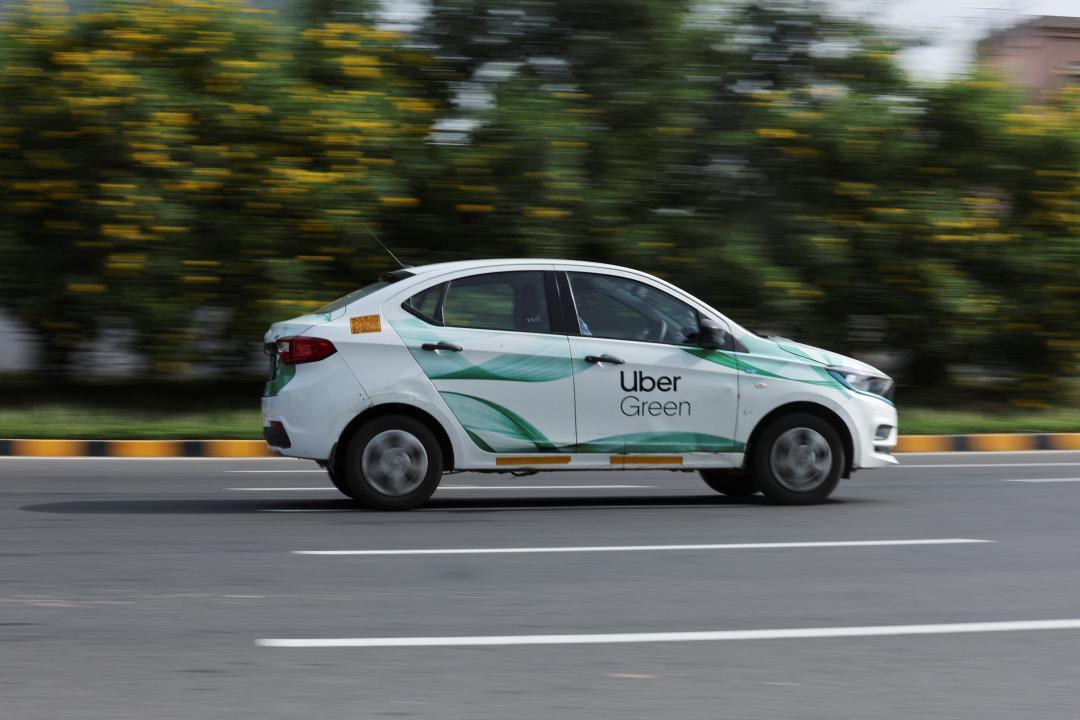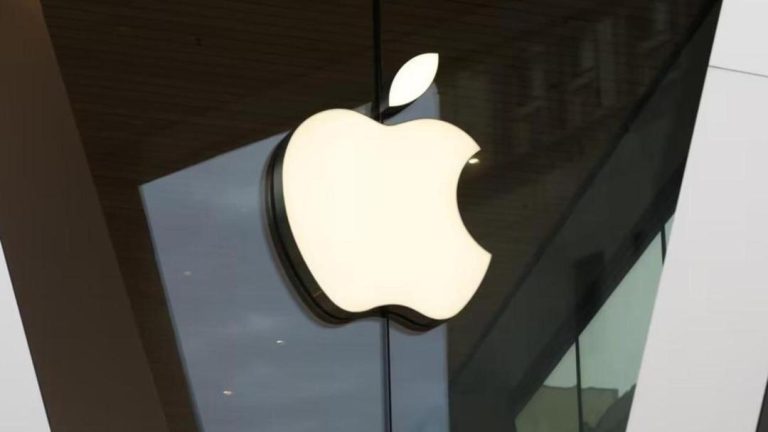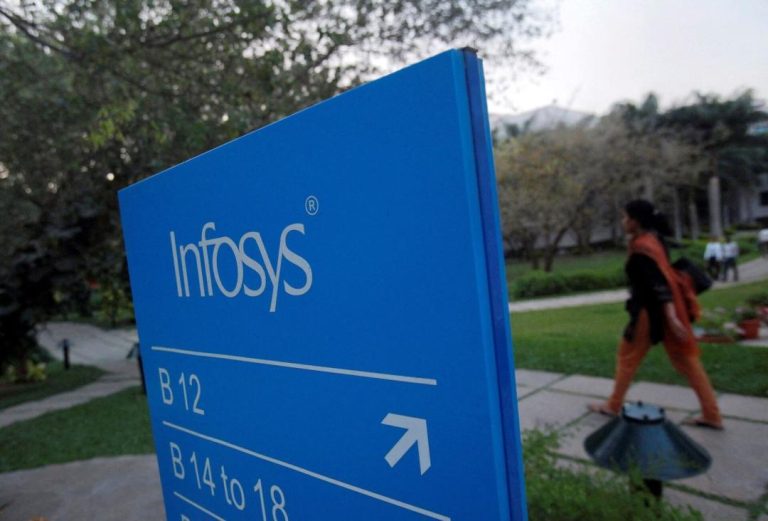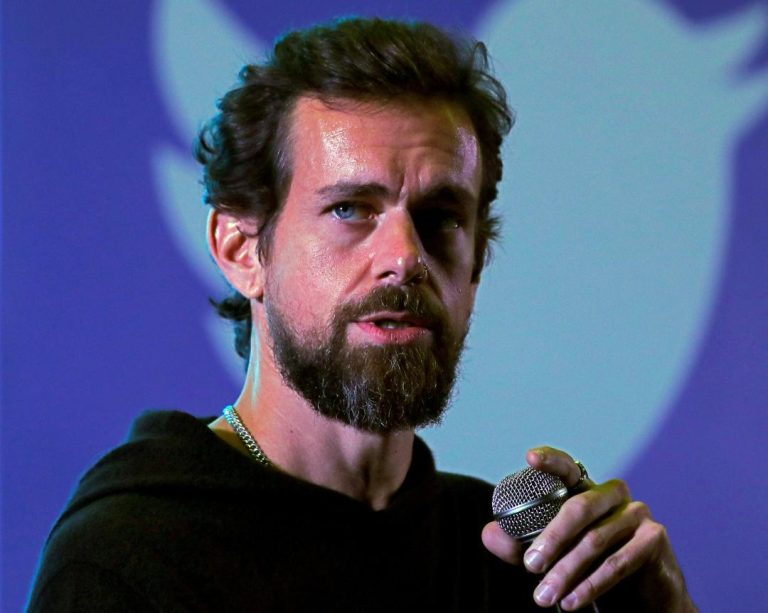
Why are Ola, Uber & Rapido drivers on indefinite strike in Mumbai?
Mumbai, the financial capital of India, is witnessing a significant disruption in its transportation sector. Thousands of Uber, Ola, and Rapido drivers have gone on an indefinite strike, leaving passengers fuming with longer wait times and a shortage of cabs on the road. But what’s behind this sudden strike? In this blog post, we’ll explore the reasons behind the drivers’ decision to take a stand against their employers.
According to reports, the drivers are demanding better pay and working conditions, citing unsustainable earnings amidst rising fuel and maintenance expenses. The drivers alleged that after deducting aggregator commissions and fuel expenses, their actual income falls to just ₹8-12 per kilometre. This is a stark contrast to the promises made by the companies, which claim to offer lucrative deals to their drivers.
The strike, which began on a recent Sunday, has affected thousands of passengers traveling across the city. Many have taken to social media to express their frustration, with some even sharing photos of empty streets and long queues at bus stations. The strike has also led to a rise in demand for traditional auto-rickshaws and taxis, which have seen a surge in bookings.
So, what are the key issues driving the strike? According to the drivers, the primary concern is the collapse of their earnings. With fuel prices soaring and maintenance expenses rising, the drivers are struggling to make ends meet. They claim that the companies are taking a significant chunk of their earnings, leaving them with barely enough to cover their expenses.
“The companies are taking away 25-30% of our earnings, and then deducting fuel expenses. After that, we’re left with just ₹8-12 per kilometre,” said a frustrated Ola driver, who wished to remain anonymous. “It’s unsustainable. We can’t afford to run our cars with these earnings.”
Another driver, who has been working with Uber for over a year, shared a similar experience. “I used to earn around ₹15-20 per kilometre, but now it’s barely ₹10. The companies are making a huge profit, while we’re struggling to make ends meet.”
The drivers are also upset about the lack of transparency in the system. They claim that the companies are not providing them with accurate information about their earnings and are instead deducting arbitrary amounts. “They deduct money without telling us why. We have no idea what’s happening to our earnings,” said a Rapido driver, who has been on the job for over two years.
The strike has also highlighted the poor working conditions faced by the drivers. They claim that the companies are not providing them with adequate safety measures, including helmets and GPS tracking devices. “We’re not even provided with basic safety equipment. What if something happens to us while we’re on the job?” asked a concerned Ola driver.
The companies, however, have denied the allegations. In a statement, Uber said, “We understand the concerns of our driver-partners and are working to address them. We’re committed to providing a sustainable earning model for our drivers.”
Ola also released a statement, saying, “We’re working to improve the earning potential of our driver-partners. We’re committed to providing them with a fair and transparent earning model.”
Rapido, meanwhile, has not issued a statement on the matter.
The strike has put pressure on the companies to address the drivers’ concerns. The Maharashtra Transport Department has also stepped in, urging the companies to resolve the issue amicably. “We’re monitoring the situation and will take necessary action if the strike continues,” said a department official.
As the strike enters its third day, it remains to be seen whether the companies will buckle under the pressure or continue to ignore the drivers’ demands. One thing is certain, however – the drivers will not back down until their demands are met. They are fighting for their rights, and for a more sustainable future.






